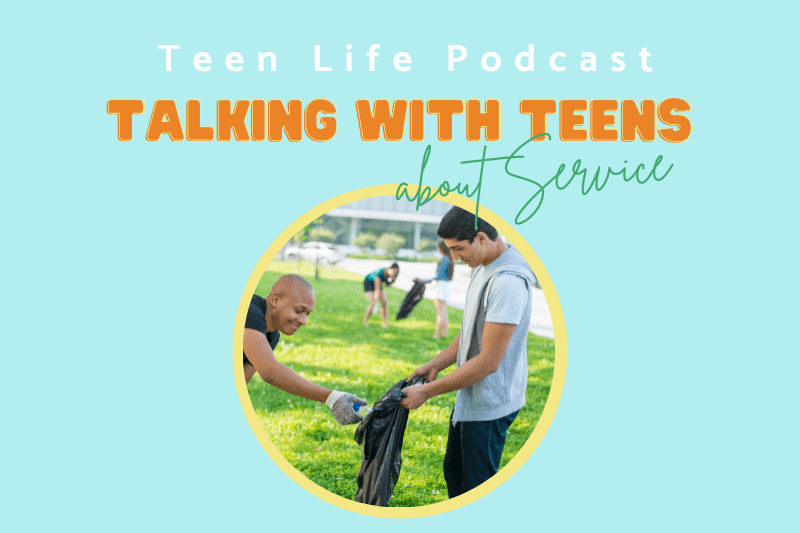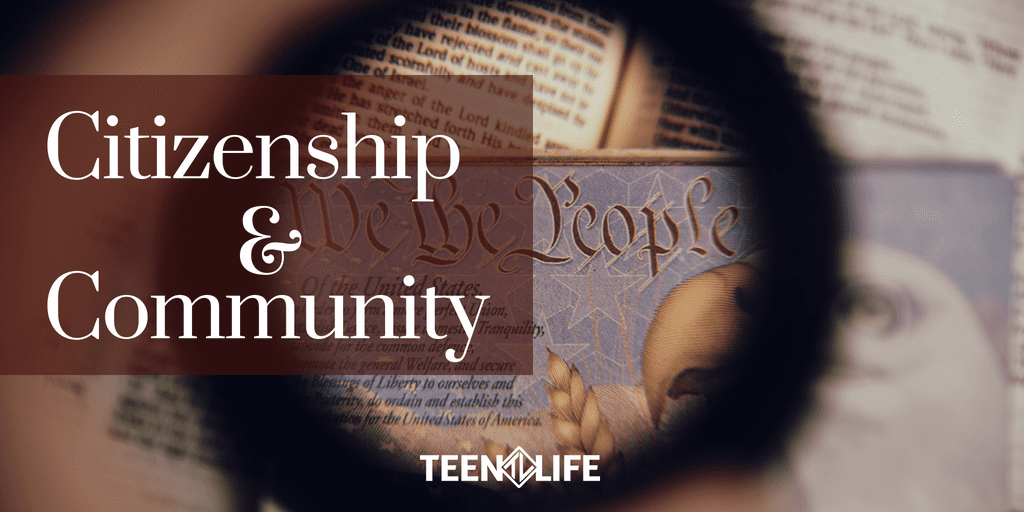
Ep. 67: Talking with Teens about Service
Summer is a great time to start conversations with your teen!
Use the extra time with them while they are home to get curious and ask open-ended questions.
To help, we’ve designed this series to be a quick, fun way to get everyone talking. Listen together with your teen, or by yourself. You might be surprised at how willing teenagers are to talk when they get started!
In the last episode of the Talking with Teens series, Chris and Karlie talk about service and using personal strengths to help others.
Question:
How much do you use your strengths to help others?
Talk through these with your teen after this podcast ends!
- How have you used your strengths to help others?
- How has someone served or helped you in the past? How did it make you feel?
- What is one way you could serve someone this school year?
In this episode, we mentioned or used the following resources:
- Episode 60: Talking With Teens About Strength
- Podcast music by Luke Cabrera and Tobin Hodges
Have a question?
If you have a question about something you heard or just want to give us some feedback, please leave us a comment below. We would love to hear from you!
About Us:

Karlie Duke
Communications Director

Chris Robey
Former CEO
Karlie Duke | Director of Communications
Karlie has always had a heart for teenagers. Through her role at Teen Life, she loves to showcase the amazing stories coming out of Support Groups, but she is especially passionate about helping adults and teenagers find connection. Karlie has a BS in Communications with a minor in Family Studies from Abilene Christian University.
Chris Robey | Former CEO
Chris has spent most of his career empowering teenagers from all backgrounds. As the former leader of Teen Life, he is passionate about helping students make good choices while also giving adults the tools they need to communicate more effectively with teens. Chris is a graduate of Midwestern State University and holds a Master’s Degree in Family Life Education from Lubbock Christian University.









